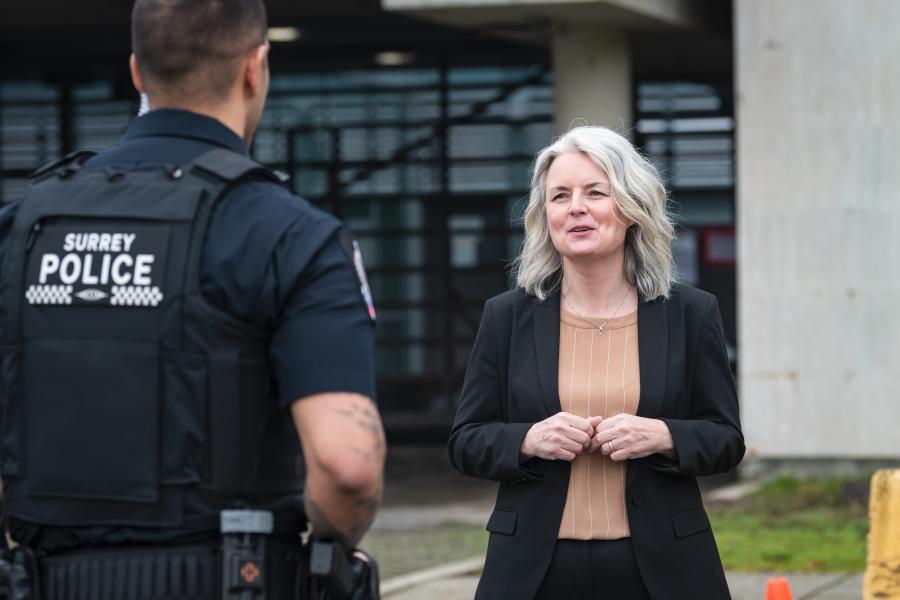You and the Police – Understanding Your Rights
The following guide provides information on why you may be stopped by a police officer, what to do, and the rights that you have.
Surrey Police Service is dedicated to upholding public safety for all residents of Surrey. Our responsibilities include, but are not limited to:
- Protecting life and property,
- Detecting and solving crime,
- Arresting criminals and those that may lawfully be taken under custody, and
- General law and municipal bylaw enforcement.
While SPS performs these duties, it is sometimes necessary to interact with members of the public. When this happens, it is important to understand your rights and what an interaction with a police officer may involve. The following guide provides information on why you may be stopped by a police officer, what to do, and some of the rights that you have.
Why You May be Stopped
A police officer may stop you if there is reason to believe you have:
- Committed or are about to commit a crime,
- Possess evidence in relation to a crime,
- Are driving through a designated road check.
When You Are Approached by a Police Officer
When you are driving and notice the lights or siren of a police vehicle approaching you, pull over to the right side of the road when it is safe to do so. You may also be approached by an officer while you are not in a vehicle.
What to do:
- Remain calm – being stopped by the police or receiving a ticket does not necessarily mean that you are guilty.
- Remain in your vehicle until the police officer tells you to get out of your vehicle, or the police officer tells you to drive away safely.
- Cooperate with the instructions of the police officer, including when you are being prompted to show your driver’s licence or registration.
- Keep your hands where police officers can see them.
What not to do:
- Act aggressively, even if you do not agree with the police officer. You may later file a complaint or present your case in court if you believe that you have not been treated fairly.
- Touch or be violent with the police.
You have the right to:
- Know a police officer’s name or badge number.
- Leave and/or refuse to answer the questions of a police officers, unless:
- You are being arrested, in which case the police must confirm your identity before you may be potentially released.
- You have been pulled over and are asked for your name, address, driver’s licence, or vehicle documentation.
- You are breaking a law.
- Retain and instruct legal counsel without delay if you are being arrested or detained, and to be informed of that right.
- Exception: you do not have the right to consult legal counsel before taking a roadside breath test.
Police at your Home
Police may enter a residence if they:
- Have the consent of a resident, OR have a search warrant or arrest warrant,
- Believe there is a threat to someone’s safety,
- Are conducting public safety duties such as responding to 9-1-1 calls or providing first aid.
You have the right to:
- Refuse access to your home, unless the police have a search warrant, or a “Feeney warrant” to enter your home to arrest someone, or it is an emergency situation, or the police are in “hot pursuit” of you to make an arrest and you run into your home;
- Ask to see a copy of a search warrant or arrest warrant that authorizes police to enter your home.
If You are Arrested
- The police officer must identify themselves as the police.
- You will be told that you are under arrest.
- The police officer will take hold of you.
- You will be advised of the reason for arrest and be given the opportunity to consult a lawyer of your choice in private as soon as possible.
- You will be asked if you understand your rights.
- You will be searched and possibly handcuffed, before being placed in a police vehicle.
- You may be released at the scene of the arrest or taken to a police station, depending on the circumstances.
At SPS, we value accountability and transparency. If you have interacted with our police officers and would like to provide a compliment or complaint, please visit our Compliments and Complaints page for more information.

